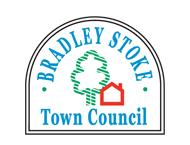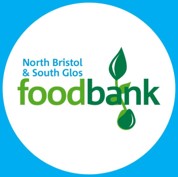Advice column – tips for managing debt in the New Year
Our advice column for January gives tips on managing debt.
I’ve built up a bit of debt and I am panicking. Even though I cut back, Christmas was expensive, my rent has gone up and my paycheque just doesn’t stretch as far as it used to. I’m doing everything I can but it’s not enough – what can I do?
First of all it’s important to know you’re not alone in finding things difficult and, crucially, there’s support available.
You say you’ve built up a bit of debt. The first step is to collect all the information you have about your debts, this might include contracts, bills and statements.
Next, make a list of your debts and write down the details of each. This could include whom you owe the money to (this person/company is your ‘creditor’); when you first missed a payment; and how much you now owe. You’ll also need to make a note of your account or reference number and what steps the creditor has taken to get the money back, eg. sending you letters.
It might feel overwhelming when you see all of your debts written down – but try not to worry, the important thing is that you’re sorting them out.
Managing debt – priority debts
If you’re behind on household bills, prioritise paying your rent or mortgage, plus energy bills and Council Tax first. Not paying these bills has the most serious consequences. You should speak to the person or company you owe money to, to see if there are any manageable steps you can take to start reducing your debt.
Once you’ve got these debts under control, you should look at any other debts like credit card or store card debts, payday loans or missed Buy Now Pay Later payments.
While you’re looking at the money going out, do remember to consider money that could be coming in. It’s always worth checking if there are any benefits that you’re eligible for, including support with your energy costs and living costs. There’s a benefits calculator, advice on how to reduce living costs and information on other ways to increase your income, on the Citizens Advice website.
There’s also emergency support that you may be able to access, such as a food bank or fuel vouchers. You could also contact your local council to see if they can offer support.
We know that times are incredibly tough but please remember, you don’t have to face this alone, do contact Citizens Advice to help you find a way forward.
- Please contact us at Citizens Advice South Gloucestershire about this if you need help – you can come to our face-to-face sessions here or call our free Adviceline on 0808 278 7947. This line is open 9am-5pm Mondays to Fridays excluding Bank Holidays.













